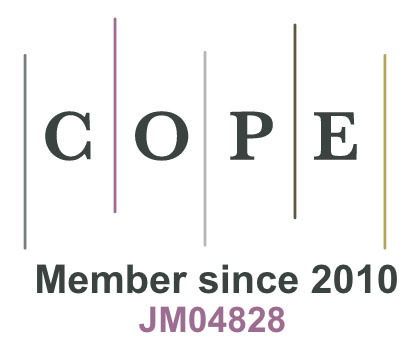Spiritual Coping
Our current featured article is titled “A Philosophical Analysis of
Spiritual Coping” authored by Karen S. Dunn, PhD, RN, FGSA and Sheria G. Robinson-Lane, PhD, RN. While this article is featured it is available to download at no cost, and we invite you to read this article then return here to leave your comments and questions. Here is the message Dr. Dunn provided about her work:
This journey began with my dissertation mentor at the Institute of Gerontology (IOG) at Wayne State University working as a research assistant on the “Active Project” while achieving a PhD in nursing. The first conversation I had with her was to review the research literature on the study of chronic pain in older adults to determine what research on this topic I could pursue for my project. The study of chronic pain in older adults was my dissertation mentors’ area of research, and so my project had to fit with her expertise. At this time, finding a new area of inquiry in the study of chronic pain was a difficult task because many researchers had published extensively on the topic of pain.
After months of reviewing the research literature, I started to see a recurrent finding in the evidence indicating that many older adults reported using prayer and/or some form of religious practice to cope with chronic pain. The research evidence, however, was limited as to how effective this form of spiritual coping was in dealing with chronic pain. Most often, spiritual coping was cited in a long list of strategies, yet, was not the focus of the article. I was so excited that I finally found a new line of inquiry that I could investigate.
Unfortunately, the excitement I felt had diminished when I told my mentor and faculty at the IOG my topic of interest. Their responses were like other researchers that neuroscience offers a better explanation for the relationships between the use of spiritual coping and positive/negative health outcomes. They suggested I would have to expand my line of inquiry to include more researchable topics other than “Aging and Spirituality.” So as my nurse scientist journey continued over the years of study, my final program of research became “Holistic self-care practices used by older adults to maintain bio-psycho-social and spiritual wellness with an emphasis on aging and spirituality.”
Although I expanded my program of research, my expertise in aging and spirituality matured. What I found very promising was within the last decade, a growing body of evidence within the nursing literature regarding the importance of fostering spiritual wellness in people had emerged. Although it is common nursing practice to assess a patient’s religion upon admission, this was usually the only interaction on this topic. Patients, however, began to report the desire for health care providers to pray with them. Many nurses, especially nurses working in oncology or hospice, began to do more in-depth spiritual assessments to determine spiritual needs. Nurses began to argue that if the practice of nursing is truly holistic, then the need to address all wellness domains (bio-psycho-social-spiritual) is essential and the study of each domain is warranted.
Even with this growing body of evidence, a question continued to remain in my mind, “How does one change the negative perspectives on the study of spirituality within the scientific community?” It was my hope that maybe a philosophical analysis on spiritual coping would begin a dialogue to change these perspectives. As I began contemplating what methodology to use for the philosophical analysis, I was contacted by Sheria Robinson-Lane who is the second author on this article. Sheria was referred to me from a colleague who knew my work on religious coping to assist her with similar work. I told her that I was thinking about doing a philosophical analysis on spiritual coping and so our collaboration began.
After months of reviewing the last five years of research on spiritual coping, three themes emerged: (1) enhanced physical, psychological, and social well-being, (2) resilience, and (3) self-transcendence. These three themes were found to be philosophically congruent with three postmodern philosophical approaches and multiple extant nursing theories and therefore relevant to nursing science. It is my hope that this article will provide a substantive argument for the continued study of spiritual coping and its significant relationships to health and wellness.






